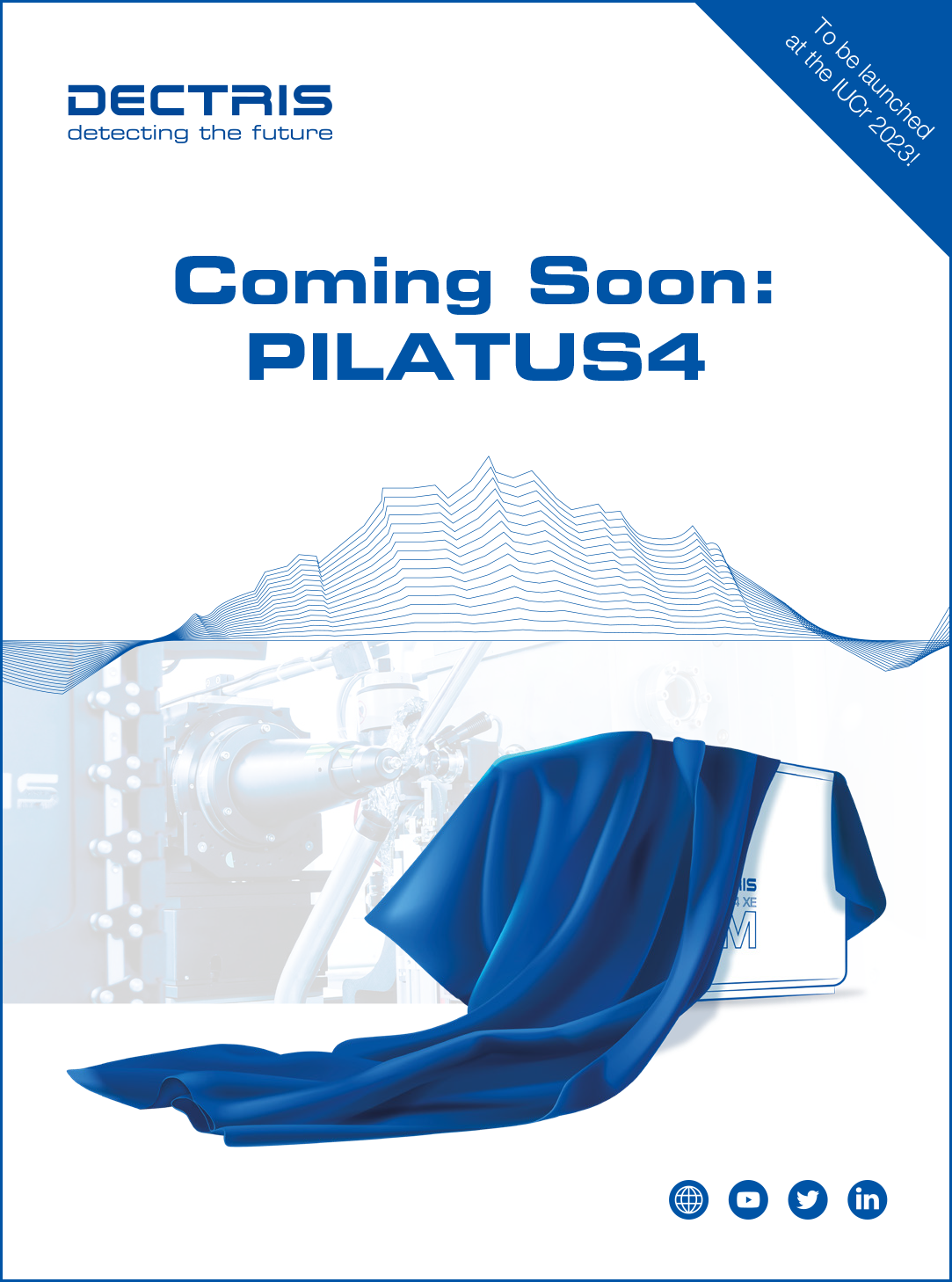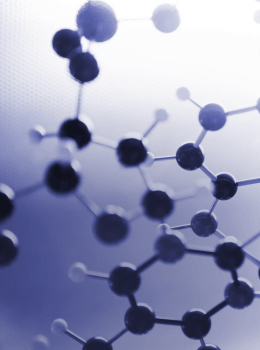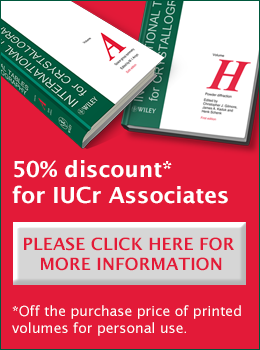


Letter to the President
Who owns crystallography?
![Letter to the Editor [Letter to the Editor]](https://www.iucr.org/__data/assets/image/0009/147843/LettertoEditor.gif)
This, to me surprising, question was asked during an ECA lunch webinar by the lecturer. The lecture was thought-provoking, and this was the first provocation. However, the true shocks were the answers. Many people wrote that it belongs to “everybody” (the answer expected by the lecturer). Few, including myself, wrote “nobody”. Some started kidding, with answers like “Mike Glazer”! I have a long-term strong admiration for Mike, as a scientist and intrepid aviator, and I found myself thinking that if he really owned it, crystallography would probably be in a much better state.
Others wrote “Lawrence Bragg”. Not so sure if that was also a joke, in keeping with the common misconception of considering crystallography synonymous with X-ray diffraction and therefore recognizing Bragg as the father of crystallography, whereas he certainly was not. There is an additional misconception, which is that the science produced by someone belongs to that person.
Let us come back to “everybody” and “nobody”, though. While the lecturer answered me that this is basically the same, I strongly disagree. Saying that everybody owns crystallography means that none has a golden share. Saying that nobody owns it means that none has a share.
So the question is: can anyone own (a) science?
No!
The United Nations Educational, Scientific and Cultural Organization (UNESCO) has included in the list of Intangible Cultural Heritage a number of arts and techniques, but has not included any science and will not include it even though the list is growing at a rapid pace.
Why?
Because there is an enormous difference between paternity/maternity and ownership. To me, saying that someone owns science is almost like saying that someone owns a human being. Nonetheless, every human being has a mother/father. When a mother or a father says “my son/daughter” does not imply his/her possession (and when this unfortunately occurs, it is a crime). To avoid the ambiguity, though, it would not help saying that the son/daughter is owned by everybody!
Similarly, to avoid the ambiguity in the pronouns (I, we, our group did this research…) or in the adjectives (my, our science…) it does not help saying that the science is owned by everybody.
While this could be merely semantic, the next step in the lecturer’s presentation was that “taxpayers” could be science owners because of their financial contribution. Now it becomes clear that it is not just semantics. Apart from the fact that “everybody” and “taxpayers” are not synonymous…. the implication of taxpayers owning science is extremely dangerous.
Let us see it from a different perspective. Taxpayers in some (developed) countries contribute with their taxes to the national health system. Does it mean that they own the national health? No, at most, they collectively own hospitals, medicines, and instruments, but not the health.
The same holds true for culture. Thanks to taxpayers, we build schools, libraries, research centers and universities; we buy books, instruments, chemicals, and software. This does not mean that taxpayers own the culture, the ideas exposed in those books, the knowledge produced with those items, in other words, the science. If that were so, research would no longer be free, the worst sin that scientists could commit (see Bertold Brecht, Lebens des Galilei).
This is the reason why I think that messages like that launched in the ECA webinar, and often proposed by politicians and decision-makers, strongly and negatively affect scientific research, in crystallography as well as in any other science. I am surprised that many colleagues do not realize this threat, and I sincerely hope that they would reconsider their answers (or better that they would consider the title question to be not acceptable at all).
Science progresses because research is free, and research is free because nobody owns science.
I thank A. Guagliardi, N. Masciocchi, V. Meille, and A. Sironi for helpful discussion.
Copyright © - All Rights Reserved - International Union of Crystallography







